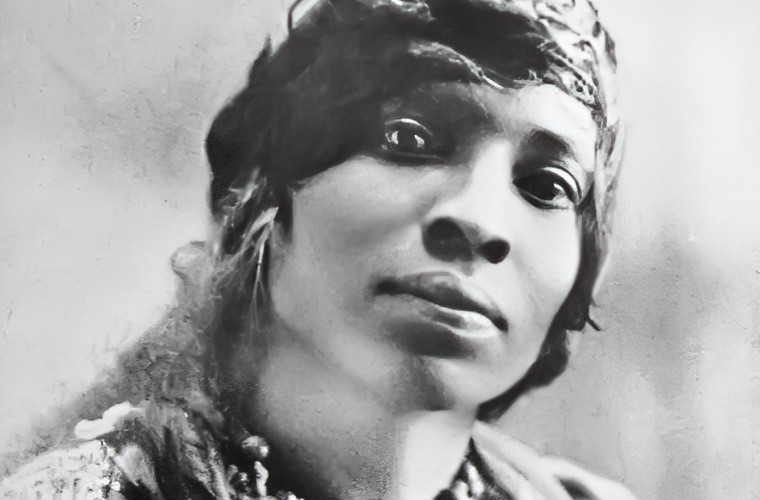Madame Sul-Te-Wan was a trailblazer in the early days of Hollywood, a time when black actors and actresses were few and far between. Born in 1873 as Nellie Crawford, she began her career in entertainment as a singer and dancer in vaudeville shows. But it was her work as an actress in the fledgling movie industry that would make her a legend.
Sul-Te-Wan got her start in Hollywood in the early 1910s, appearing in bit parts and small roles in silent films. She was often cast as a maid or servant, reflecting the limited opportunities available to black performers at the time. But Sul-Te-Wan was determined to make the most of her opportunities, and she quickly became known for her professionalism, talent, and dedication to her craft.
One of Sul-Te-Wan’s most memorable early roles was in the 1915 film “The Birth of a Nation,” a controversial epic that glorified the Ku Klux Klan and depicted black people as lazy, shiftless, and dangerous. Sul-Te-Wan played a slave named Auntie who is loyal to her white masters, a role that has been criticized for perpetuating negative stereotypes about black people. Nevertheless, Sul-Te-Wan’s performance was praised at the time for its emotional depth and authenticity.
Despite the challenges she faced as a black woman in Hollywood, Sul-Te-Wan continued to work steadily throughout the 1920s and 1930s. She appeared in dozens of films, often in uncredited roles, but always bringing her unique talent and energy to the screen. Some of her most notable performances during this period include her work in “The Thief of Bagdad” (1924), “The Devil’s Disciple” (1929), and “Imitation of Life” (1934).
Sul-Te-Wan was also known for her activism and advocacy on behalf of black performers in Hollywood. She was a founding member of the Negro Actors Guild of America, an organization that fought for better opportunities and working conditions for black actors. She also mentored younger performers and encouraged them to pursue their dreams despite the obstacles they faced.
In addition to her work on screen, Sul-Te-Wan was also an accomplished stage actress. She appeared in numerous productions on Broadway and in other theaters across the country, earning critical acclaim for her performances in plays such as “Mamba’s Daughters” and “The Emperor Jones.”
Sul-Te-Wan’s legacy as a pioneer in black Hollywood continues to inspire generations of performers and artists. Despite the limited opportunities available to her, she refused to be defined by the roles she was given or the stereotypes that were imposed upon her. Instead, she blazed a trail for future generations of black performers, showing them that with talent, hard work, and perseverance, anything is possible.
Today, Sul-Te-Wan is remembered as one of the true legends of early Hollywood, a woman who broke barriers and shattered stereotypes with her talent and determination. Her legacy lives on in the countless performers who have followed in her footsteps, and in the enduring impact she had on American culture and entertainment.

